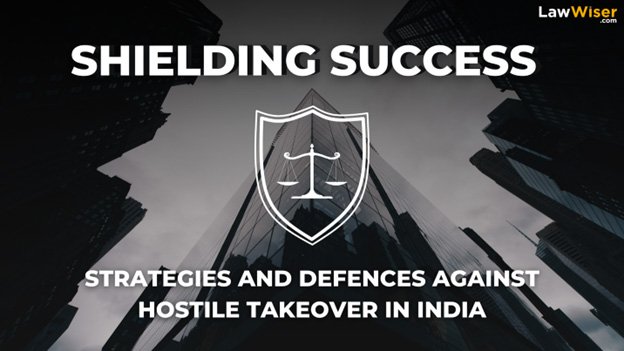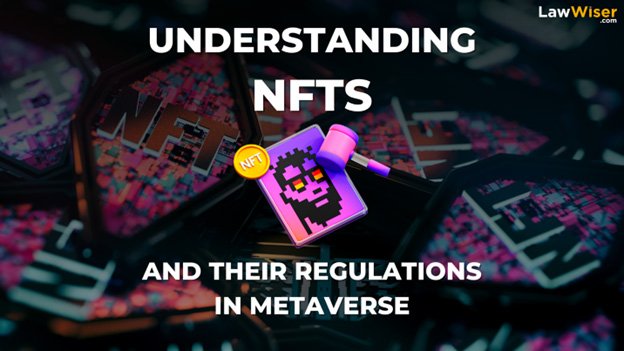Introduction
Hostile takeovers can be a major concern for businesses, especially in India, where a lack of regulation to prevent them has left many vulnerable. Companies can, however, protect themselves by altering their charter documents, deploying poison pills, seeking friendly investors, or even refusing to register a share transfer. In this article, we will look at the many defenses and strategies that businesses can use to avoid hostile takeovers. In addition, we will look at some notable examples of hostile takeovers in India, as well as the Indian government’s efforts to defend firms from such threats.
What type of defenses or measures can businesses take against hostile takeovers?
Companies use various methods to defend against a hostile takeover, such as amending charter documents to make takeovers more difficult, implementing staggered board structures to delay takeover attempts, using poison pills to make shares more expensive for hostile bidders, buying a stake in the acquiring company to gain control, selling off assets to make the acquisition less appealing, seeking friendly investors known as white knights, and paying greenmail to stop the aggressor.
Refusing to register a share transfer is another method, but it must be done with adequate cause and without proven intent. The validity of this has been questioned in the Supreme Court of India, with the ruling in Mackintosh Burn Ltd. vs Sarkar and Chowdhury Enterprises being a well-known example.
What are some known hostile takeovers that have taken place in India?
Some of the key hostile takeovers that have occurred in India are:
- In 1918, a London-based NRI named Swaraj Paul tried a hostile bid to seize the management of two business companies, Escorts Limited, and Delhi Cloth Mills Limited.
- Similarly, Asian Paints faced a major takeover threat from London-based Imperial Chemical Industries in 1997, which was unsuccessful due to government opposition.
- After four months of trying to preserve the company, Emami purchased a 24% ownership in Zandu from another co-founder in 2008.
- L&T acquired Mindtree Limited in 2019 for roughly 4900 crores in Indian rupees, completing the purchase of a 31% additional share in Mindtree.
- In December 2022, Adani Enterprises completed a hostile takeover of NDTV. Adani declared its ownership of 29.18% of NDTV in August 2022 and launched an open offer to acquire another 26% equity in November 2022. The open offer was successful, with Adani Group’s total shareholding in NDTV rising to 37.44%, surpassing the founders’ 32.26%. Adani Group’s entity was permitted by NDTV’s board of directors to nominate two directors to NDTV’s board, and the appointment was made in December 2022.
Key Takeaways
The Indian legislature has done a decent job of protecting businesses. Since the Swaraj case, the Indian government has been attentive and meticulous about takeovers, and the takeover court is regularly updated with revisions in the proper direction. Despite the lack of legislation barring hostile takeovers, the economies of scale contribute towards fewer Indian hostile takeovers. Although different companies may experience different challenges, each company can choose the best methodology to suit its structure, and dealing with issues in a timely and appropriate manner would be advantageous.



 December 10, 2023
December 10, 2023







 July 25, 2024
July 25, 2024 0 COMMENTS
0 COMMENTS



